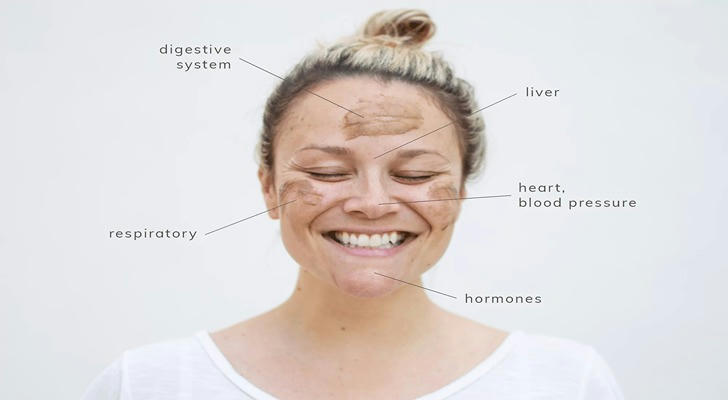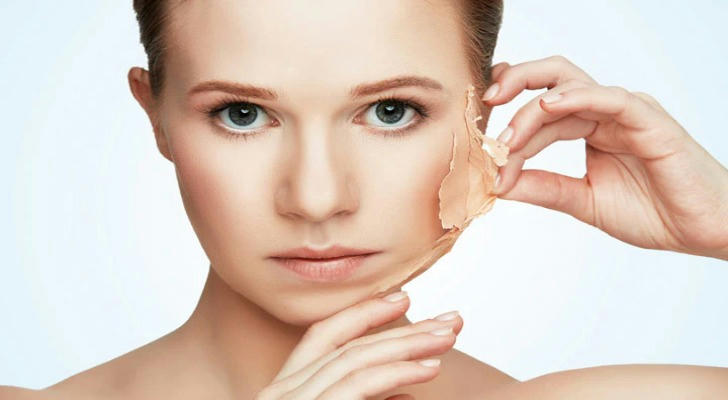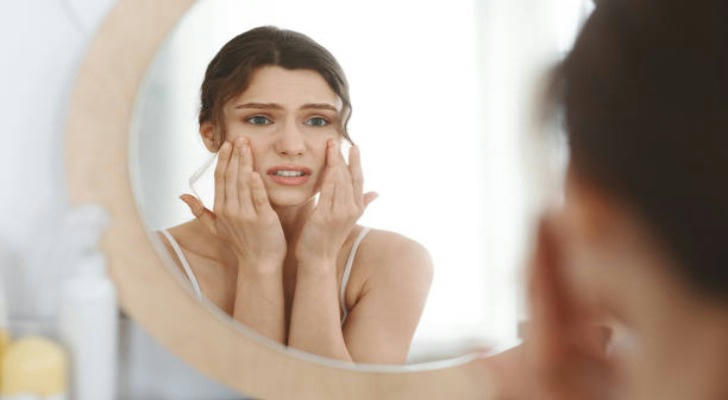Your Skin Is Talking: What Your Breakouts, Redness, and Dry Spots Are Trying to Tell You
Are you often bothered by sudden pimples, redness after washing your face, or peeling during the season change? These seemingly minor problems are actually the skin sending you signals.
As the largest organ in the human body, the skin is not only a protective barrier, but also reflects physical health and living habits. Learning to "understand" the language of the skin can help us make more scientific care choices and achieve true healthy skin.
This article will start with common skin reactions, combine scientific explanations with real cases, and take you to understand the key information hidden behind the skin.

Ⅰ. Acne: Not just a symbol of youth
1. Common manifestations:
Repeated acne on the forehead, chin, and nose
Closed comedones and cystic acne
Inflammatory redness and swelling
2. Possible causes:
Hormonal fluctuations: Acne on the chin line, in particular, is often related to hormone levels in the body
Dietary structure: High intake of sugar and dairy products may induce acne.
Pores clogged: Improper makeup removal and excessive oil secretion can easily lead to inflammation of hair follicles.
Stress level: Long-term anxiety can accelerate sebaceous gland activity.
3. Care suggestions:
Use cleansing products containing salicylic acid or phenoxyethanol to help control oil
Keep your face clean, but avoid excessive washing that may damage the barrier
Try to maintain a regular schedule and reduce refined sugar intake
Ⅱ. Redness: Not always means sensitivity
1. Common manifestations:
Redness of cheeks and nose
Heat and stinging of the face after cleaning or sun exposure
Mild local peeling
2. Possible causes:
Vasodilation: Affected by temperature and dietary stimulation (such as chili peppers and alcohol).
Barrier damage: Frequent exfoliation, excessive cleansing or use of irritating products
Potential skin problems: such as rosacea and hormonal dermatitis.
3. Care suggestions:
Try to choose mild skin care products without fragrance and alcohol
Focus on repair, such as using ingredients such as ceramide and panthenol
Pay attention to sun protection when going out to avoid ultraviolet rays that aggravate redness

Ⅲ. Dry and peeling skin: Is it just as simple as lack of water?
1. Common manifestations:
Tightness and flaking after washing the face
Dry skin in winter
Obvious powder sticking when applying makeup
2. Possible reasons:
Imbalance of water and oil: Insufficient secretion of sebaceous glands, the stratum corneum cannot lock water.
Dry environment: Air-conditioned rooms and cold winds outdoors will aggravate the loss of moisture from the skin.
Improper skin care steps: Excessive exfoliation and neglect of moisturizing steps
3. Care suggestions:
Use moisturizing products containing hyaluronic acid and glycerin every day
Use a humidifier in a dry environment to increase air humidity
Wash your face with warm water to avoid hot water damaging the sebum membrane

IV. Case analysis: Daniel's "redness problem"
Daniel is a young designer from Arizona who works in front of a computer all year round. He found that every time he washed his face after work, his cheeks would always turn red and hot, sometimes accompanied by slight tingling. He once thought that his "skin was too thin" or "allergic to the change of seasons."
At the suggestion of a friend, he began to reduce the use of scrub cleansers and alcohol-containing lotions, and instead used amino acid cleansers and moisturizing repair creams. At the same time, he added a humidifier next to his desk and developed the habit of using sunscreen. After a few weeks, the redness was significantly reduced and the skin returned to a stable state.
Daniel said: "I used to cover up the symptoms, but now I know that understanding the needs of the skin is more important than buying expensive products."
V. Conclusion: Talk to the skin and establish a "long-term relationship"
Skin problems do not exist in isolation, they are the result of the combined effects of lifestyle, physical condition and care habits. Rather than saying that skin care is a pursuit of external beauty, it is better to say that it is a way to establish a connection with the body.
The next time you face yourself in the mirror, you might as well ask your skin: "What are you telling me today?" - Your skin is actually talking all the time.
